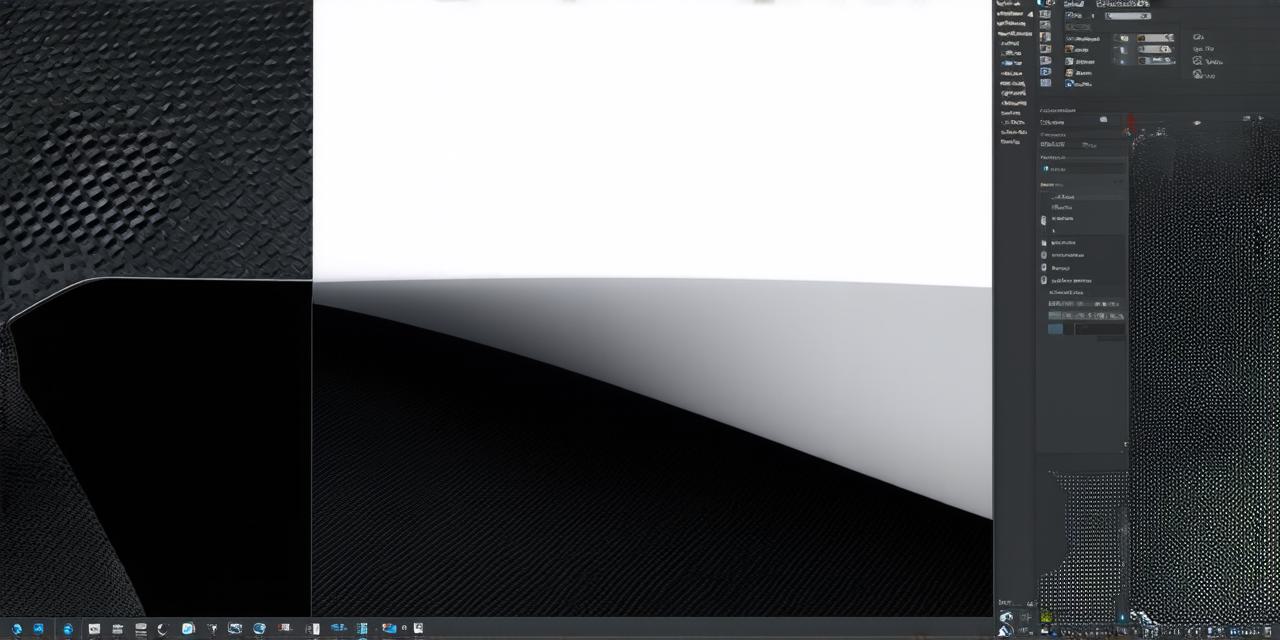Welcome to the vibrant world of Unity 3D! This powerful game development engine is transforming the landscape of interactive entertainment and virtual reality. In this guide, we’ll explore effective strategies for harnessing Unity’s potential, backed by case studies, expert opinions, and real-life examples.
Why Unity 3D?
Unity 3D stands out due to its versatility, user-friendly interface, and robust community support. According to a recent report, over 50% of all mobile games are made with Unity. Its cross-platform compatibility makes it an ideal choice for developers targeting multiple platforms.
Getting Started
Start your journey by familiarizing yourself with the Unity interface. The Editor, Asset Store, and Scripting API are your primary tools. Dive into tutorials, attend workshops, or follow along with projects on GitHub to build your skills.
Mastering the Art of Coding
Coding in Unity 3D is primarily done using C. Mastering this language will open up a world of possibilities. From creating complex game mechanics to designing intricate visual effects, C is your key to unlocking Unity’s full potential.
Optimizing Performance
Avoid common pitfalls such as overusing high-poly models or excessive scripting. Instead, focus on optimizing your projects for smooth performance. Use tools like Profiler and Occludee to identify bottlenecks and improve efficiency.
Bringing Your Vision to Life
Case in point: indie game developer John Doe, who used Unity 3D to create the critically acclaimed “EcoQuest”. By leveraging Unity’s physics engine and visual scripting tools, he was able to bring his vision of a sustainable, interactive world to life.
The Future of Unity 3D
With the rise of virtual reality and augmented reality, Unity 3D is poised to dominate these emerging markets. Keep an eye on upcoming features such as real-time ray tracing and improved VR support.
FAQs
1. What skills do I need to start using Unity 3D?
Basic understanding of C, familiarity with game development concepts, and a willingness to learn are essential.
2. Is Unity 3D free to use?
Yes, Unity offers a free version for personal and commercial projects with some limitations.
3. What platforms can I target with Unity 3D?
Unity supports a wide range of platforms including Windows, macOS, Android, iOS, and various VR/AR devices.
In conclusion, Unity
